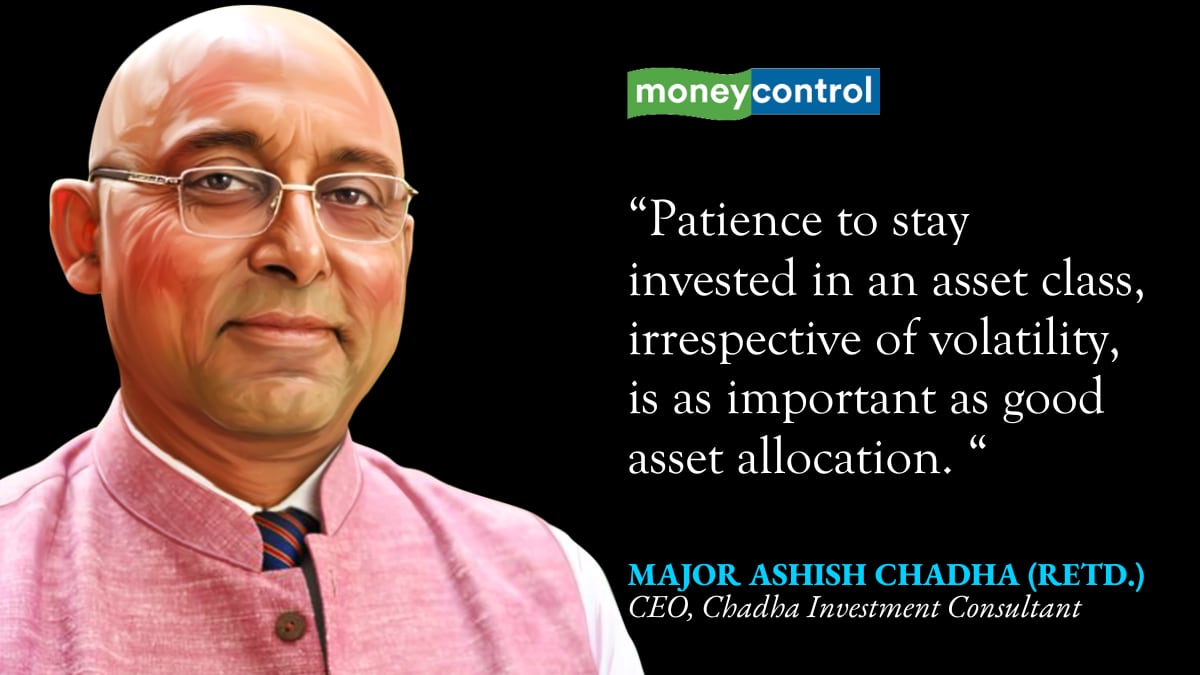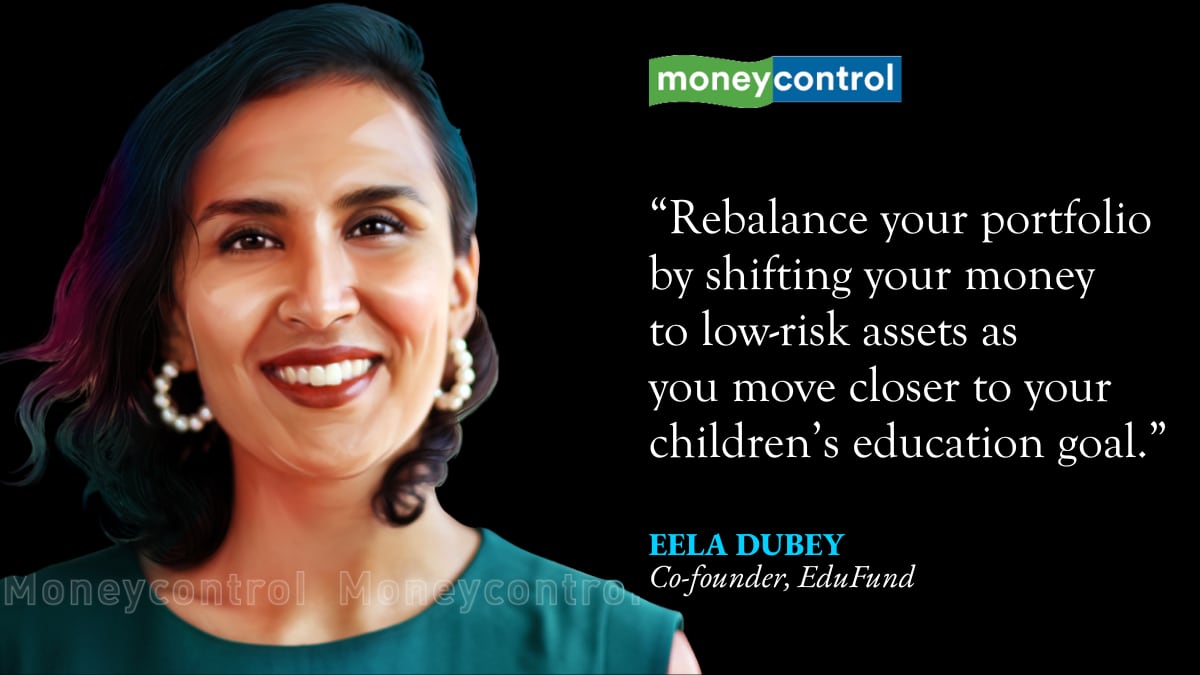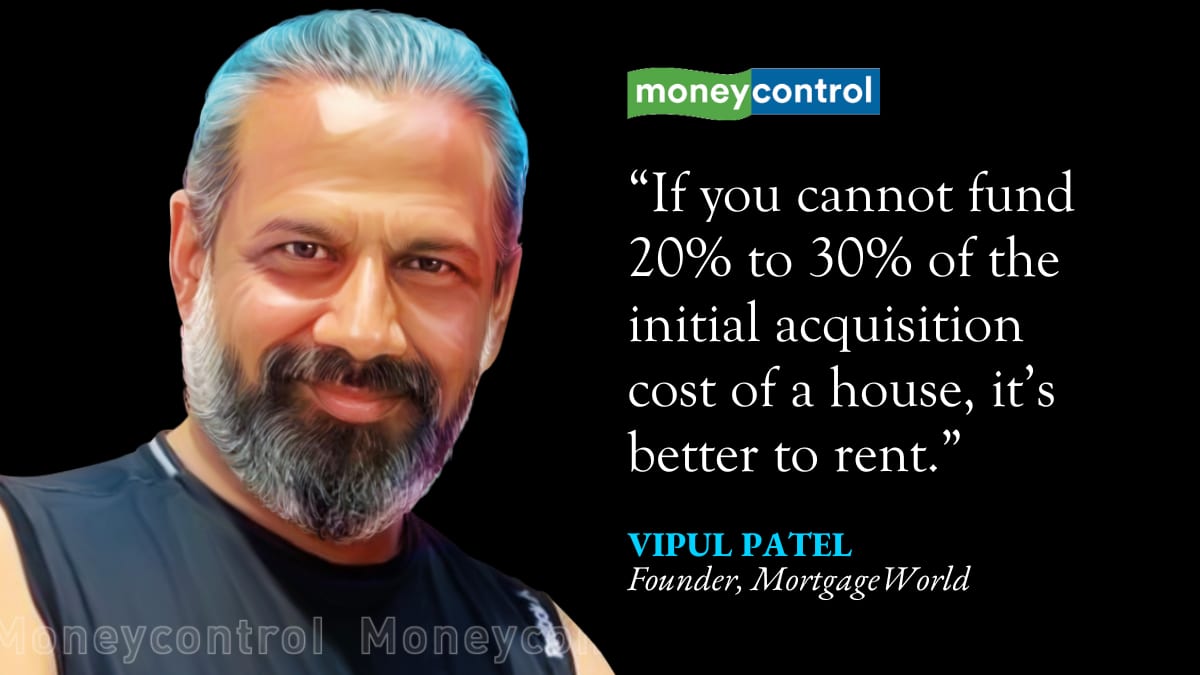



The financial goals of an increasingly aspirational India – the middle-class, in particular – have changed significantly over the years.
Saving for children’s education continues to be the most important goal, but overseas travel and early retirement have crept up the list of priorities.
What has not changed, however, is the core principle of financial planning: the need for a sound plan and the discipline to adhere to it to achieve key goals.
Today on the occasion of World Financial Planning Day, Moneycontrol spoke to five financial advisors to understand how the financial planning goals of Indians have changed, the key components of a successful financial planning strategy, decision-making around high-value assets such as residential property, and the mistakes that must be avoided. Here are edited excerpts of their views:
Traditional financial goals make way for new ones Dilshad Billimoria, MD of Dilzer ConsultantsPost Covid-19, many of our clients have opted for financial independence retirement early (FIRE). Many of our clients who were three years away from their retirement asked us for a scenario analysis of advancing their retirement. We did the math and it worked for them.
We are also seeing an increase in the frequency of foreign travel among middle-income families. Earlier, international holidays were taken every five years, now it's become every two years or once a year.

Also, many couples in their 40s are saving for aged parents by creating a medical emergency fund, either as part of their budgeting for cash flows or as a separate goal.
Nowadays, many homemaker clients also want to start somewhere for their financial independence. So, we recommend they start an SIP with a small amount, whatever they can afford, towards their own fund for financial independence.
Asset allocation central to sound financial planningMajor Ashish Chadha (Retd.), CEO of Chadha Investment ConsultantTo be financially free, you need a financial plan. If you don’t know where you want to go, how will you ever get there? Similarly, to have financial freedom and enjoy life’s pleasures, the first thing is to have a clear set of financial goals with defined timeframes to achieve them and then become a disciplined investor.
It’s also important to take good care of one’s family and parents with adequate insurance cover. Further, you must build an emergency corpus for at least six months of expenses, including loan EMIs.

Do not change your asset allocation with the new highs that the markets scale or with a market crash – good times and bad times. Your true worth comes from the discipline of asset allocation and not chasing the best-performing asset class.
Patience of staying invested in an asset class to its duration, irrespective of its volatility, is as important as good asset allocation.
Children’s education remains top priorityEela Dubey, co-founder of EduFundEducation, both at the primary and secondary level, is getting costlier. In some cases, education fees are becoming prohibitive for well-deserving students. In India, education inflation hovers at about 10 percent, while fees abroad have been increasing by close to 2 percent year-on-year in dollar terms. It would be wise for parents to plan early for their children by following a goal-based and disciplined investing approach.
Step one towards preparing for a child’s education is to define clear goals with defined target amounts and time in hand. You also ought to start early – time is your biggest ally in investing. The earlier you start, the more time you have and with that, greater growth potential too.

It is important to place emphasis on diversification – spread your investments across different asset classes. Invest in mutual funds regularly through the SIP (systematic investment planning) route to get the benefit of diversification.
Finally, periodically review your investment portfolio to ensure it is aligned with your goals and risk tolerance. Rebalance your portfolio by shifting your money to lower-risk assets (such as debt instruments) as you inch closer to your children’s education goal. Riskier assets (equities) are better suited for longer investment horizons.
Also read | Higher foreign education: Smart tips to bring the costs downRent vs buy dilemma persistsVipul Patel, founder of MortgageWorldChoosing between buying a house and renting one is among the most sought-after recommendations when it comes to real estate decisions.
You should look to buy a house if you plan to stay for the longer term (20 years or more) at a particular location. Likewise, when interest rates are in a reducing phase, you can consider buying a house. If over the next 3-5 years, rates have the potential to decrease by 35 percent to 50 percent from current levels, then it’s a good time to buy.

Another factor in favour of the buy decision is the fact that real estate prices in India have been consistently on the rise. In such cases, buying can be an excellent decision as it will bring capital appreciation, apart from granting long-term stability. Taxes also qualify as huge incentives – most home loans qualify for tax breaks, which help to partly offset the home loan interest cost, thereby lowering the overall acquisition cost.
On the other hand, when you are unsure of your base in the long term, you should rent. It lends you flexibility in other aspects of life. Similarly, if you cannot invest 20 percent to 30 percent of the initial acquisition cost of a house, it’s better to rent. It is also a good option when the financial and real estate markets are volatile and offer little or no stability – such as when interest rates are rising or real estate prices are falling. Your personal situation also matters – when you are in an unpredictable job or financial situation, it’s advisable to rent.
Also read | Seeking home loan freedom? Slash years and save lakhs with this prepayment strategyNo compromise on retirement goal Kalpesh Ashar, certified financial plannerIndian parents invariably compromise their retirement goals for the sake of their children’s higher education. Parents need to think through this carefully and if possible, take the help of a financial advisor.
Most parents tend to start saving late for their children's higher education. So they have no option but to compromise on their retirement goals. They need to start investing for both these goals in a parallel manner.
Also, most times, when people think of higher education, they think of going abroad and that’s where the cost spikes. Some top-notch Indian universities probably charge one-fourth of what a foreign education would. This is an option to explore.

Parents should have a frank discussion with their children regarding their higher education expenses and the impact on their financial profile. An education loan should be the last resort, in case of a shortfall. Also, parents may have budgeted a higher amount for education but the child might want to pursue a career or vocation that may not cost that much. Then, the spare money can be diverted towards the parents’ retirement kitty.
I would surely put retirement planning on priority compared to children's higher education. That’s simply because of the arithmetic of it – children's higher education is a three to five-year goal, while retirement planning is for 30 years.
To know more about the investment ascent in India with the nation’s leading financial pioneers, tune in to the Moneycontrol Mutual Fund Summit, 11th October 2023 in Mumbai, 3.50 pm onwards. Log on here for further details.Powered by Axis Mutual Fund, Strategic Partner Reliance Industries Limited, Associate Partners HSBC Mutual Fund, Motilal Oswal MF, 360 ONE Mutual Fund, IBM and Baroda BNP Paribas.Discover the latest Business News, Sensex, and Nifty updates. Obtain Personal Finance insights, tax queries, and expert opinions on Moneycontrol or download the Moneycontrol App to stay updated!
Find the best of Al News in one place, specially curated for you every weekend.
Stay on top of the latest tech trends and biggest startup news.